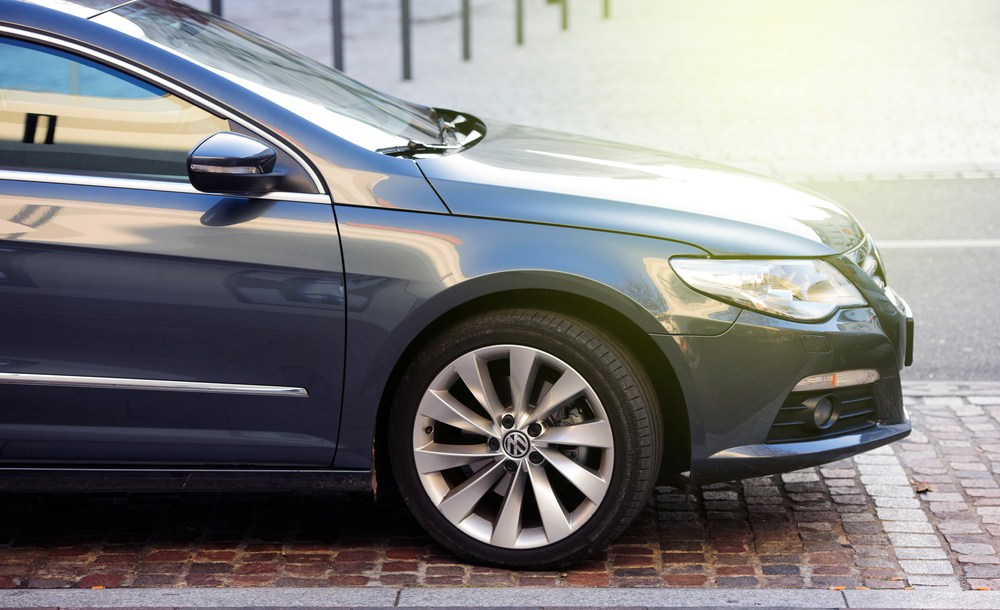Insurance
Drivers wasting £720m on ‘loyalty’ tax

The nation’s motorists paid a massive £720m in the car insurance ‘loyalty’ tax by auto-renewing their policy last year, a new study from MoneySuperMarket has found.
The price comparison site found that around 17.1m drivers let their cover auto-renew last year. That works out at around 41% of motorists, the same percentage as in 2019.
However, the costs of doing so are stark. Drivers saw their premiums increase by an average of £42 by auto-renewing, with one in 10 seeing rises of between £51 and £75, while 8% had to cough up between £76 and £100 extra for their cover.
Insurers profit significantly from drivers’ apathy towards hunting for a new policy each year, tempting drivers in with their best deals but then steadily increasing costs year after year.
Shopping around
The study found that around a tenth (8%) of drivers allowed their policy to renew automatically, without bothering to shop around for a cheaper deal. As many as one in five said their stayed with their existing provider simply because it was easier than the alternative, with more than one in 10 (12%) stating that changing provider was too much time or effort, while a similar proportion (13%) questioned whether there were significant savings to be made.
Back in 2017, the Financial Conduct Authority (FCA) introduced new rules which were aimed at pushing drivers towards shopping around more for their car cover, by requiring insurers to include last year’s premium alongside the renewal price. The idea was that this greater transparency would mean drivers were fully aware of how their policy costs had changed over the year.
However, it’s questionable what impact these changes have made, as MoneySuperMarket’s study found that more than half (51%) of drivers did not recall seeing those details in their renewal documents. Of those that did, a third (31%) said they did not encourage them to shop around.
Kate Devine, car insurance expert at MoneySuperMarket, said: “Letting your car insurance auto-renew almost always sees you end up paying more, with our research showing that the average premium increase last year was £42. While it’s great to see that many of us are shopping around for a better deal, the number of people allowing their policy to auto-renew is still high at 41%.
“If your policy is coming up for renewal, you should always shop around to see what deals are on the market – a new deal on your car insurance is very easy to find online and could save you up to £218.”
The cost of loyalty
Car insurance is far from the only household cost where we end up paying more if we fail to shop around.
With energy bills for example, once your initial fixed tariff comes to an end you move onto your supplier’s standard tariff. These are the most costly tariffs on the market, to the extent that they are subject to the price cap introduced by Ofgem. Moving from a normal tariff onto a standard tariff will hit your bank balance ‒ hundreds of thousands of households face a £166 annual bill jump if they don’t switch their expiring deal next month, for example.
Similarly, with your mortgage once your opening rate comes to an end you move onto your lender’s standard variable tariff (SVR). The SVR is not only substantially higher than the best rates on the market, it can also be increased by your lender at any time, irrespective of what’s happening with base rate.
Falling car insurance costs
More positive news for drivers comes in the form of a drop in average premiums in the final quarter of 2020. Typical premiums fell from an average of £503 in the fourth quarter of 2019 to £490 last year.
However, this was an increase of 3.65% from the previous quarter.
East London has the highest car insurance premiums, at an average of £955. That’s more than double the national average. London has average premiums of £690, while Kirkwall in Scotland has the cheapest cover, costing an average of just £269.